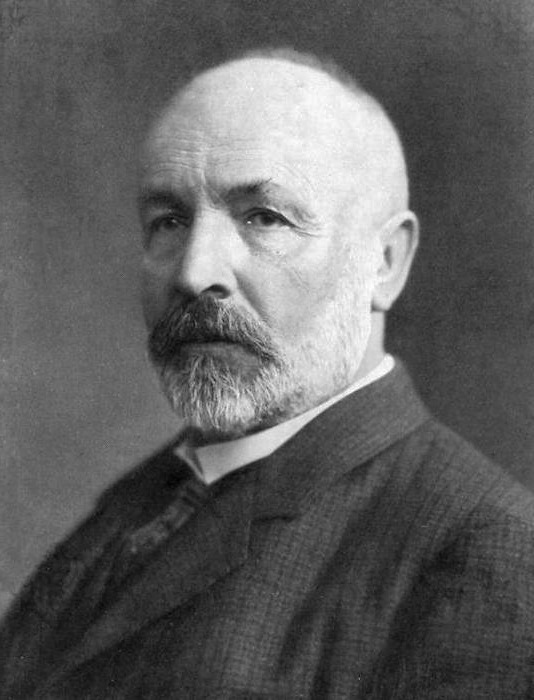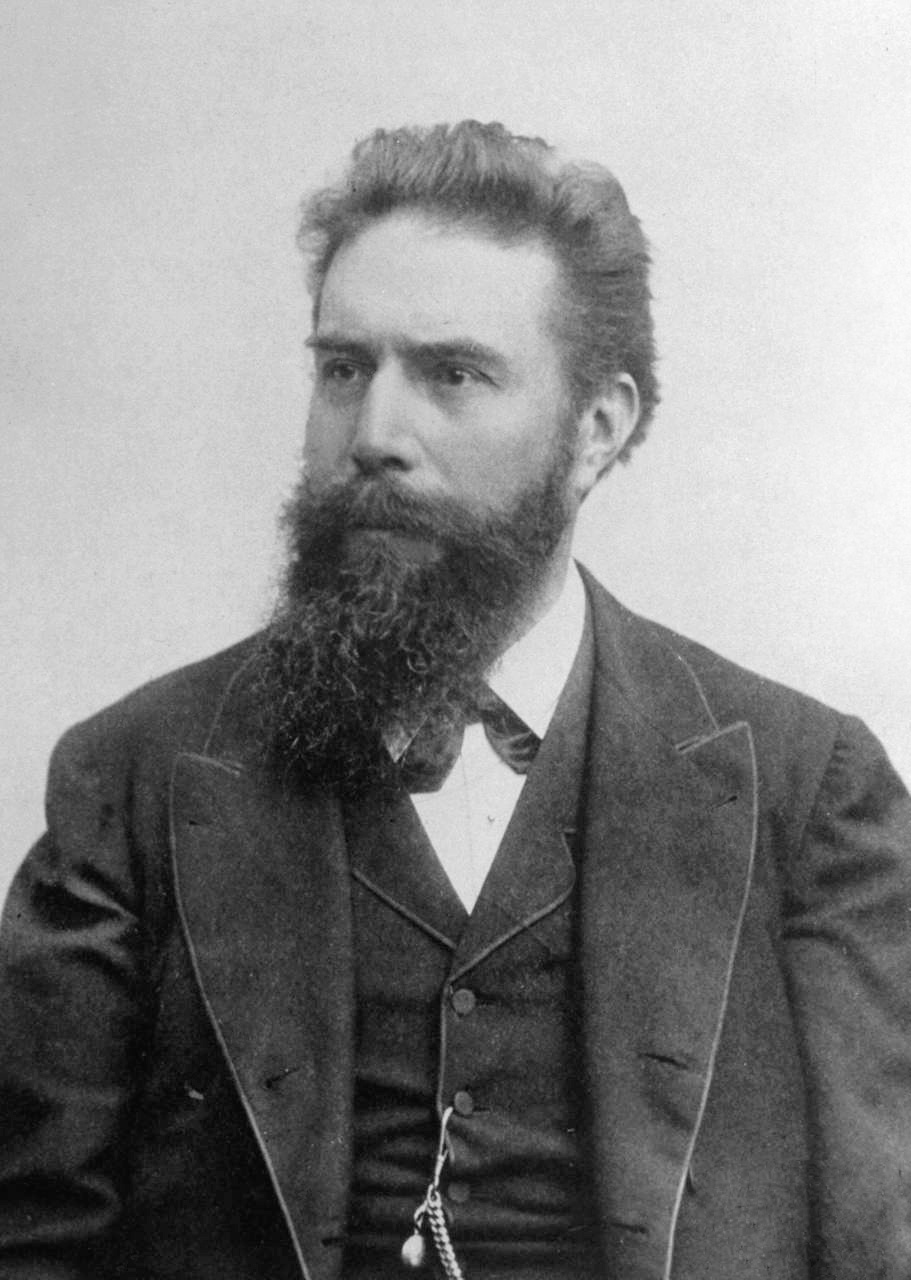1845 In Germany on:
[Wikipedia]
[Google]
[Amazon]
Events from the year 1845 in Germany.

 * January 7 – King
* January 7 – King
Incumbents
*King of Bavaria
The King of Bavaria () was a title held by the hereditary Wittelsbach rulers of Bavaria in the state known as the Kingdom of Bavaria from 1805 until 1918, when the kingdom was abolished. It was the second time Bavaria was a kingdom, almost a t ...
– Ludwig I
* King of Hanover
The King of Hanover () was the official title of the head of state and Hereditary monarchy, hereditary ruler of the Kingdom of Hanover, beginning with the proclamation of List of British monarchs, King George III of the United Kingdom, as "King o ...
– Ernest Augustus
* King of Prussia
The monarchs of Prussia were members of the House of Hohenzollern who were the hereditary rulers of the former German state of Prussia from its founding in 1525 as the Duchy of Prussia. The Duchy had evolved out of the Teutonic Order, a Roman C ...
– Frederick William IV
* King of Saxony – Frederick Augustus II
Events
* March 13 – The ''Violin Concerto
A violin concerto is a concerto for solo violin (occasionally, two or more violins) and instrumental ensemble (customarily orchestra). Such works have been written since the Baroque period, when the solo concerto form was first developed, up thro ...
'' by Felix Mendelssohn
Jakob Ludwig Felix Mendelssohn Bartholdy (3 February 18094 November 1847), widely known as Felix Mendelssohn, was a German composer, pianist, organist and conductor of the early Romantic music, Romantic period. Mendelssohn's compositions inc ...
premieres in Leipzig
Leipzig (, ; ; Upper Saxon: ; ) is the most populous city in the States of Germany, German state of Saxony. The city has a population of 628,718 inhabitants as of 2023. It is the List of cities in Germany by population, eighth-largest city in Ge ...
, with Ferdinand David
Ferdinand is a Germanic name composed of the elements "journey, travel", Proto-Germanic , abstract noun from root "to fare, travel" (PIE , "to lead, pass over"), and "courage" or "ready, prepared" related to Old High German "to risk, ventu ...
as soloist.
* October 19 – Richard Wagner
Wilhelm Richard Wagner ( ; ; 22 May 181313 February 1883) was a German composer, theatre director, essayist, and conductor who is chiefly known for his operas (or, as some of his mature works were later known, "music dramas"). Unlike most o ...
's opera '' Tannhäuser'' debuts at the Dresden
Dresden (; ; Upper Saxon German, Upper Saxon: ''Dräsdn''; , ) is the capital city of the States of Germany, German state of Saxony and its second most populous city after Leipzig. It is the List of cities in Germany by population, 12th most p ...
Royal Court Theater.
Date unknown
*Friedrich Engels
Friedrich Engels ( ;"Engels"
''Random House Webster's Unabridged Dictionary''.The Condition of the Working Class in England ''The Condition of the Working Class in England'' () is an 1845 book by the German philosopher Friedrich Engels, a study of the industrial working class in Victorian England. Engels' first book, it was originally written in German; an English t ...
'' is published in ''Random House Webster's Unabridged Dictionary''.The Condition of the Working Class in England ''The Condition of the Working Class in England'' () is an 1845 book by the German philosopher Friedrich Engels, a study of the industrial working class in Victorian England. Engels' first book, it was originally written in German; an English t ...
Leipzig
Leipzig (, ; ; Upper Saxon: ; ) is the most populous city in the States of Germany, German state of Saxony. The city has a population of 628,718 inhabitants as of 2023. It is the List of cities in Germany by population, eighth-largest city in Ge ...
as ''Die Lage der arbeitenden Klasse in England''. convincing Marx that the working class could be the agent and instrument of the final revolution in history.P. N. Fedoseyev, ''Karl Marx: A Biography'' (Progress Publishers: Moscow, 1973) p. 82.
* Heinrich Hoffmann publishes a book (''Lustige Geschichten und drollige Bilder''), introducing his character, Struwwelpeter
''Der Struwwelpeter'' ('Shock-Headed Peter') is an 1845 German children's book written and illustrated by Heinrich Hoffmann. It comprises ten illustrated and rhymed stories, mostly about children. Each cautionary tale has a clear moral lesson ...
, in Germany.
Births

 * January 7 – King
* January 7 – King Ludwig III of Bavaria
Ludwig III (Ludwig Luitpold Josef Maria Aloys Alfred; 7 January 1845 – 18 October 1921) was the last King of Bavaria, reigning from 1913 to 1918. Initially, he served in the Bavarian Army, Bavarian military as a lieutenant and went on to hold ...
(d. 1921)
* March 3 – Georg Cantor
Georg Ferdinand Ludwig Philipp Cantor ( ; ; – 6 January 1918) was a mathematician who played a pivotal role in the creation of set theory, which has become a foundations of mathematics, fundamental theory in mathematics. Cantor establi ...
, German mathematician (d. 1918)
* March 27 – Wilhelm Röntgen
Wilhelm Conrad Röntgen (; 27 March 1845 – 10 February 1923), sometimes Transliteration, transliterated as Roentgen ( ), was a German physicist who produced and detected electromagnetic radiation in a wavelength range known as X-rays. As ...
, German physicist
A physicist is a scientist who specializes in the field of physics, which encompasses the interactions of matter and energy at all length and time scales in the physical universe. Physicists generally are interested in the root or ultimate cau ...
, Nobel Prize
The Nobel Prizes ( ; ; ) are awards administered by the Nobel Foundation and granted in accordance with the principle of "for the greatest benefit to humankind". The prizes were first awarded in 1901, marking the fifth anniversary of Alfred N ...
laureate (d. 1923)
Deaths
* May 12-August Wilhelm Schlegel
August Wilhelm von Schlegel (Schlegel until 1812; ; ; 8 September 176712 May 1845) was a German Indologist, poet, translator and critic. With his brother Friedrich Schlegel, he was a leading influence within Jena Romanticism. His translations o ...
, German poet, translator and critic (b. 1767)
* July 12- Friedrich Ludwig Persius, German architect (b. 1803)
References
Bibliography
Years of the 19th century in GermanyGermany
Germany, officially the Federal Republic of Germany, is a country in Central Europe. It lies between the Baltic Sea and the North Sea to the north and the Alps to the south. Its sixteen States of Germany, constituent states have a total popu ...
Germany
Germany, officially the Federal Republic of Germany, is a country in Central Europe. It lies between the Baltic Sea and the North Sea to the north and the Alps to the south. Its sixteen States of Germany, constituent states have a total popu ...
{{Germany-hist-stub